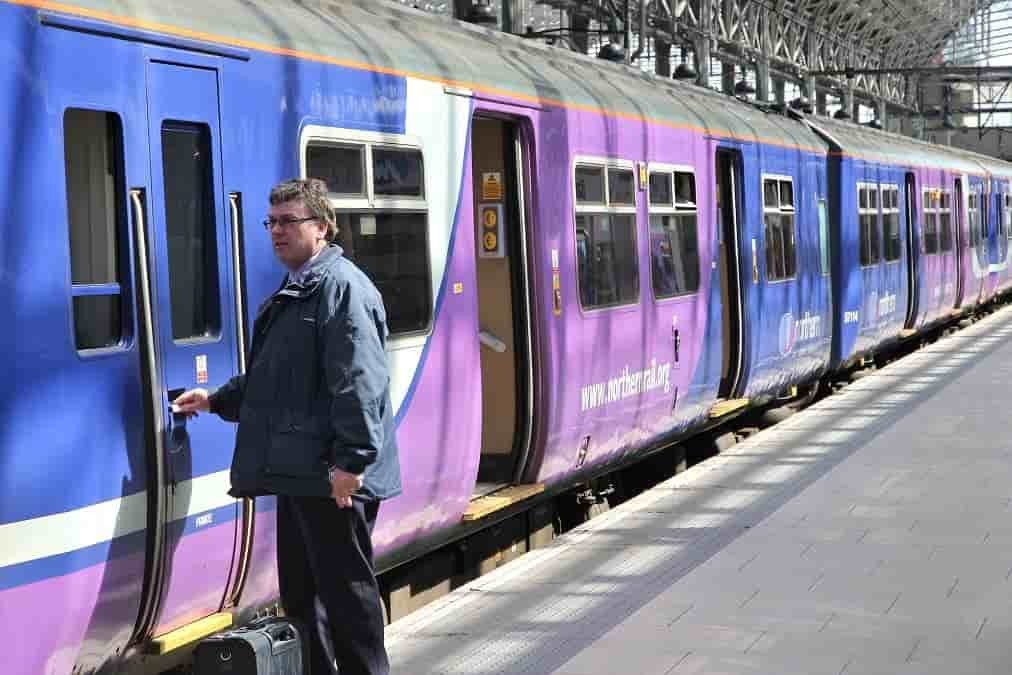Rail workers are to face thousands of redundancies after infrastructure management company Network Rail (NR) opened a voluntary redundancy scheme.
The scheme is understood to be designed to shed between 7,000 and 9,000 jobs, as the industry adapts to changes hastened by the Coronavirus pandemic.
In a quote reported in The Times newspaper, the regional managing director, Tim Shoveller, said: ‘Network Rail has opened a voluntary leavers scheme, initially looking at its head office management grades that have disproportionately grown over the last decade.
‘The scheme will help us, and the wider industry, modernise, adapt and change to respond to changing travel habits.’
However, there are some parts of the industry that remain steadfastly opposed to the scheme. A spokesperson for The Workers Union said: ‘The transport industry has been hammered by the pandemic and rail is no exception.
‘Passenger numbers fell dramatically, as stations and trains ran empty during lockdown. What our railways need now, is a full, comprehensive package of measures that bring a co-ordinated, passenger-centric approach to what is one of our greatest gifts to the world.
‘What they do not need, is months of chaos and complaints as beleaguered rail workers fight redundancies with industrial action. It is up to all sides to come up with a way forward that maximises the opportunities to promote growth in our railways.’
The Workers Union on Britain’s Railways
Rail workers are some of the most unheralded people in any sector of our economy. How many of us can say that every decision we make has a critical effect on the safety of the people that we serve?
It’s with some disquiet then, that we’ve witnessed the events of recent days unfold. Yes, the government needs to make savings, but this must not be used as a smokescreen to oust skilled and experienced staff from their positions, and replace them with new workers on significantly inferior terms.
Of course this a voluntary process: but how long before there’s pressure to start compulsory redundancies?
Our politicians talk of a levelling-up agenda. They talk of creating ‘powerhouses’ in the North to tap into latent potential and connect businesses with talent. The first step on this journey is to invest in the instruments of economic recovery. Rail is one of these instruments, and failure to handle its development correctly will mean that it’s not just passenger journeys that end up facing unacceptable delays.
The Workers Union – fighting for social justice, fighting for you




